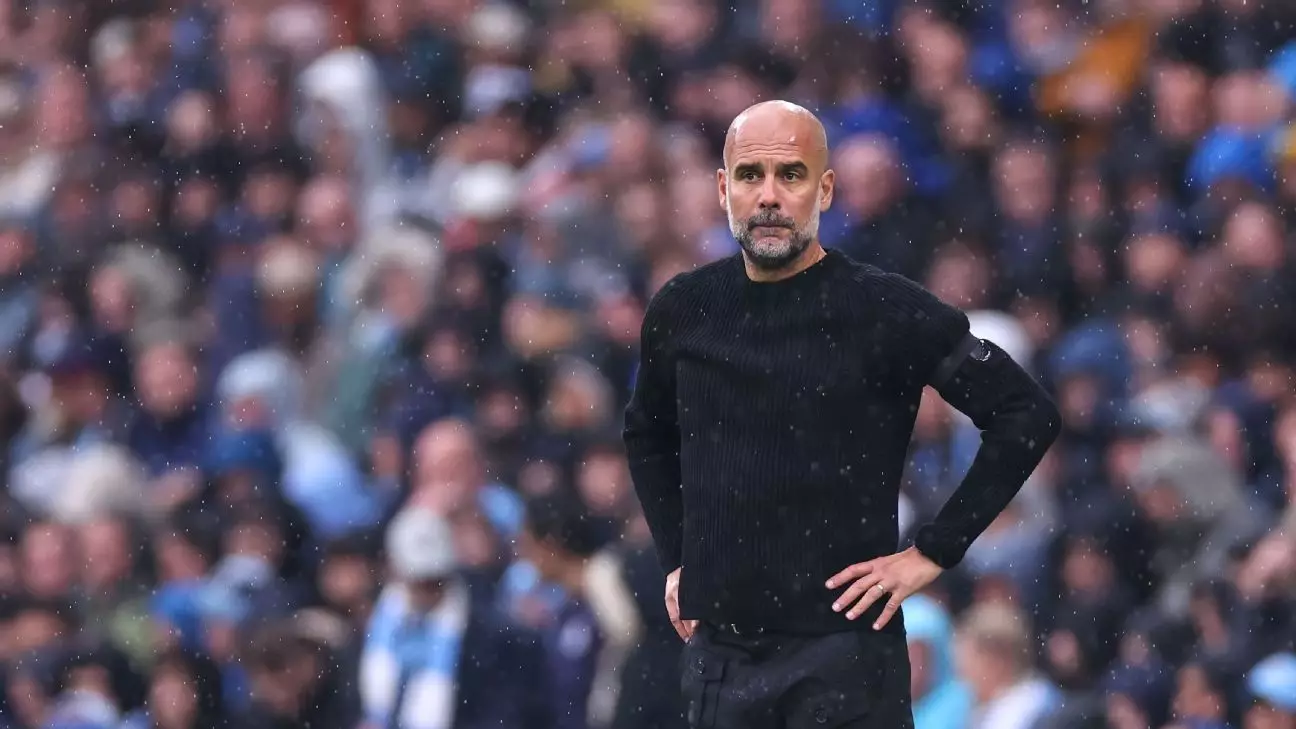In the world of professional football, the rigors of a packed schedule can take a significant toll on players’ health, performance, and overall well-being. The recent decision by the Premier League to deny Manchester City’s request to postpone their first two fixtures of the upcoming season highlights this issue. Manchester City, along with Chelsea, has qualified for the FIFA Club World Cup set to take place in June, leading to concerns regarding the recovery of players before the start of a new competitive season in August. This calendar crunch is an issue that warrants deeper scrutiny, as it illustrates how the demands of modern football often clash with the health and safety of the players.
As football becomes more commercially lucrative with expansive global competitions, the demands placed on players continue to escalate. A report from the global players’ union, FIFPRO, sheds light on this troubling trend, revealing that many players receive as little as 12% of the year as recuperation time. Such statistics illuminate the serious risk of burnout and injury. The phrase “work-life balance” may seem trivial in everyday dialogue, but within the context of elite sports, it takes on profound significance. Manchester City’s midfielder Rodri articulated a tension within the sport, suggesting that players could potentially initiate strike actions due to the overwhelming pressures exerted upon them.
The ongoing discussions surrounding the FIFA Club World Cup raise essential questions about how football authorities manage player engagement and health. With the tournament extending for a month and straddling the conventional football calendar, it places an additional burden on players already facing compressed schedules. Pep Guardiola’s concerns echo a sentiment shared by many within the football community: the necessity of prioritizing player health over commercialization’s relentless ambitions. The combination of club and international commitments creates a situation fraught with challenges, one that not only threatens player fitness but can also undermine the quality of the game itself.
In light of these challenges, it is imperative for governing bodies like the Premier League and FIFA to reconsider their scheduling frameworks. Player welfare needs to be a focal point in forthcoming decisions. By fostering dialogues with players and their representatives, football organizations can work toward developing a more sustainable model in which athletes’ well-being is paramount. Both Guardiola and Rodri’s remarks reflect a growing unease that could lead to significant reforms, reshaping how the elite game is structured.
Ultimately, the clash between a congested schedule and player welfare illustrates a growing gap in understanding that must be addressed for the future of football. The inability to postpone matches after a significant international tournament is a symptom of a larger issue regarding the treatment of players in the modern game. It calls for a review of priorities among governing bodies that consistently overlook the demands of sports professionals whose careers, health, and lives are deeply affected by these decisions. Addressing this disconnect is not merely an option but a necessity for the integrity of football.

